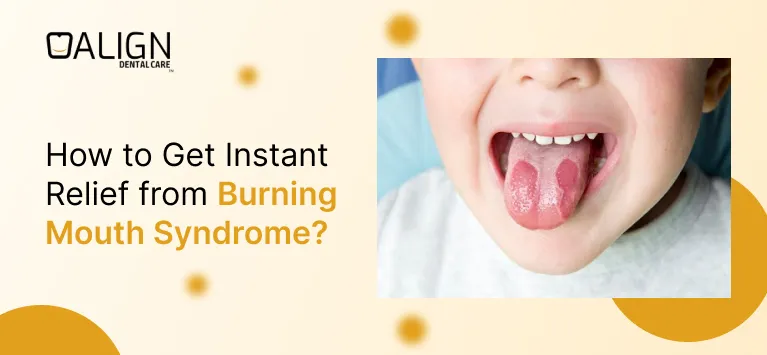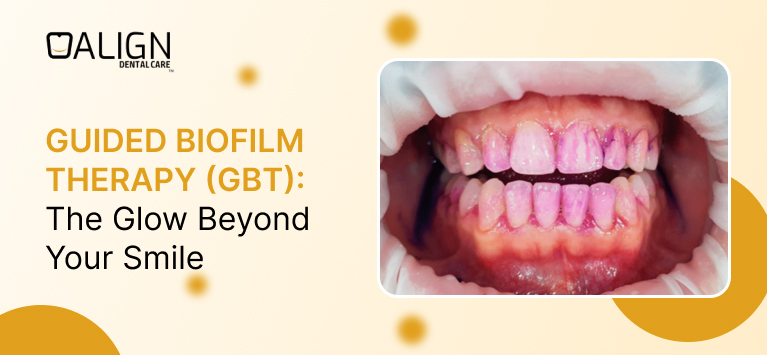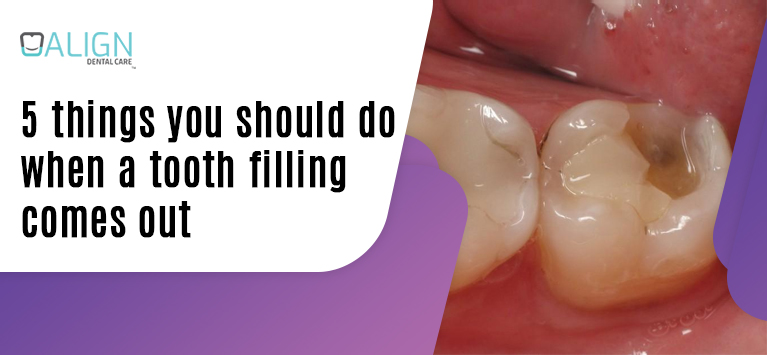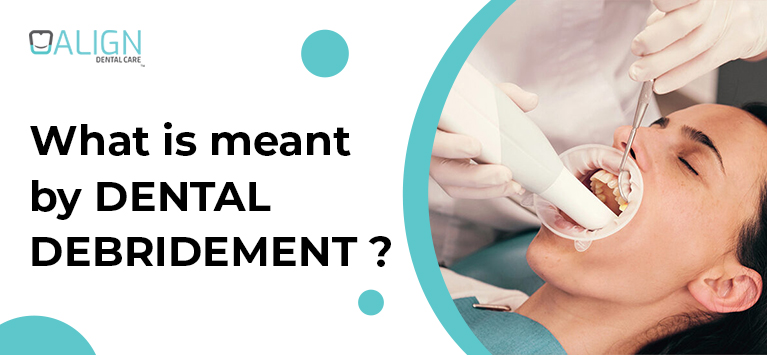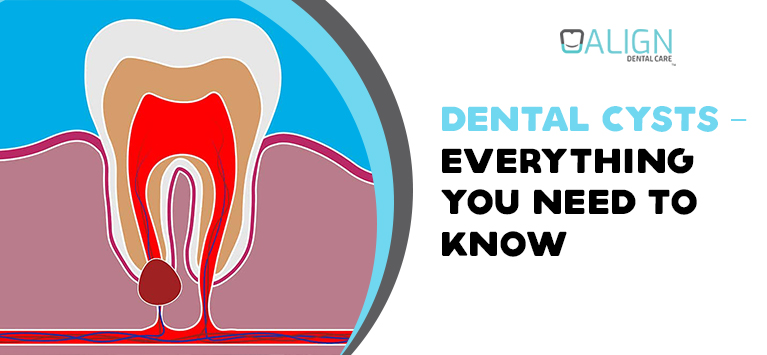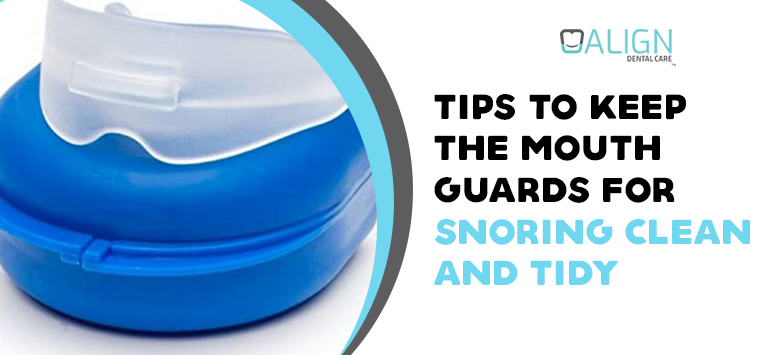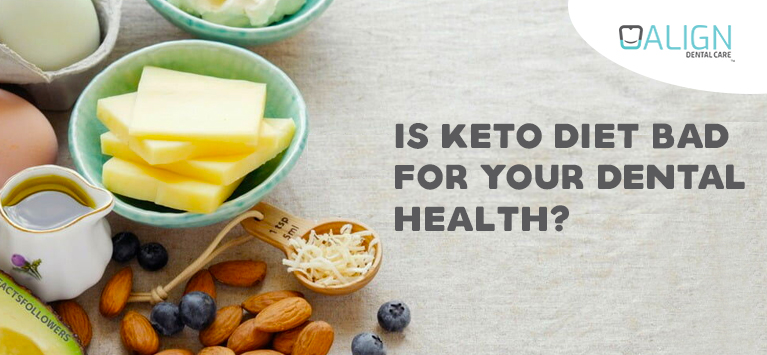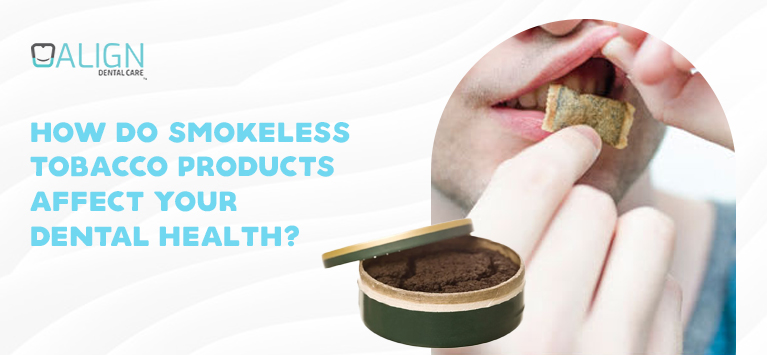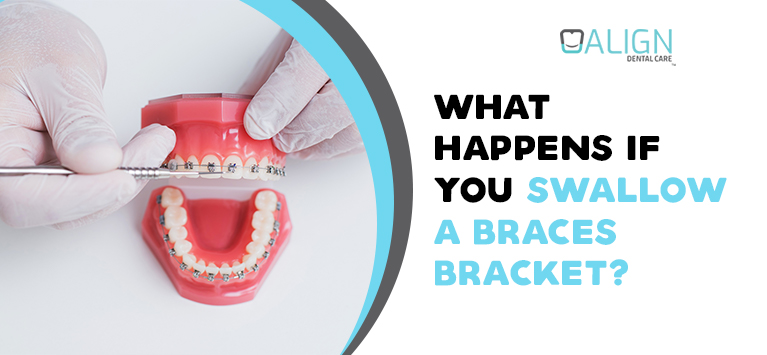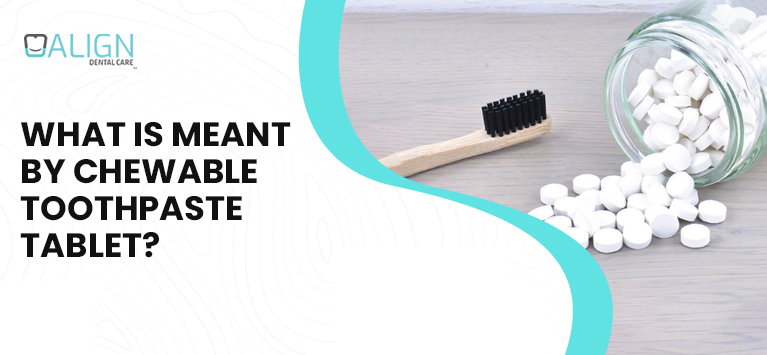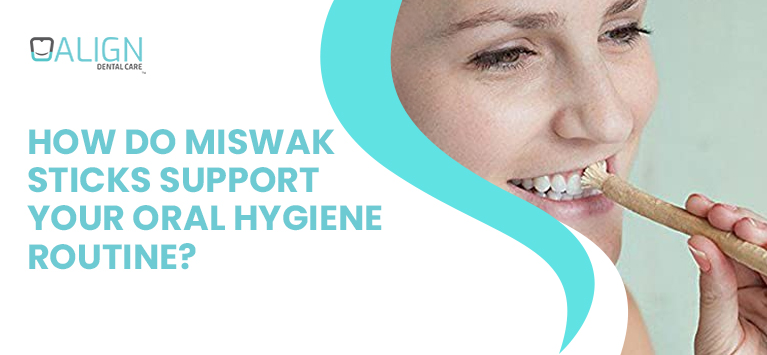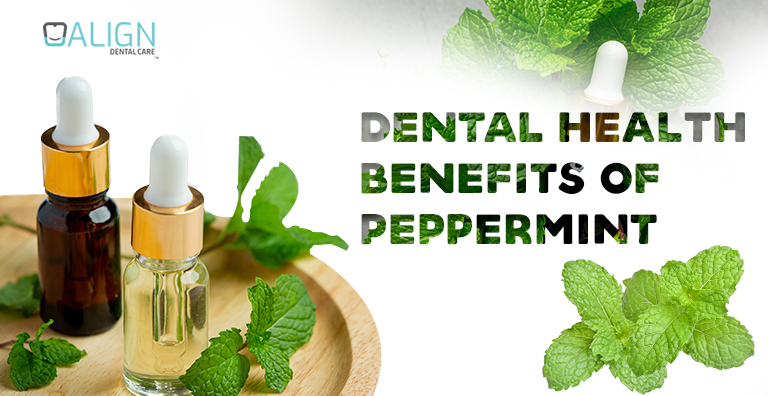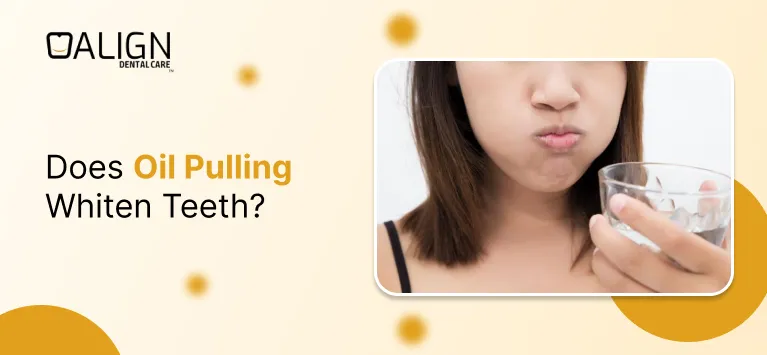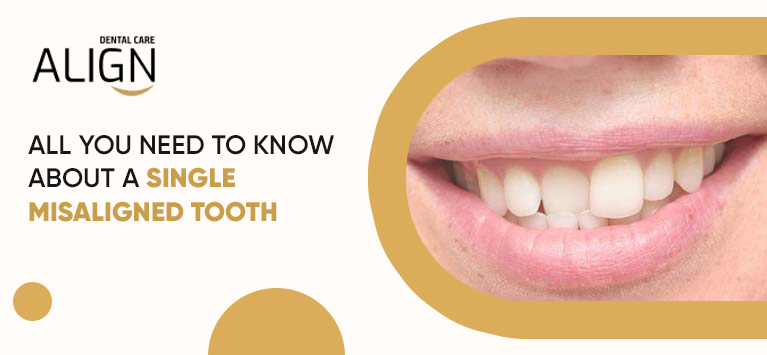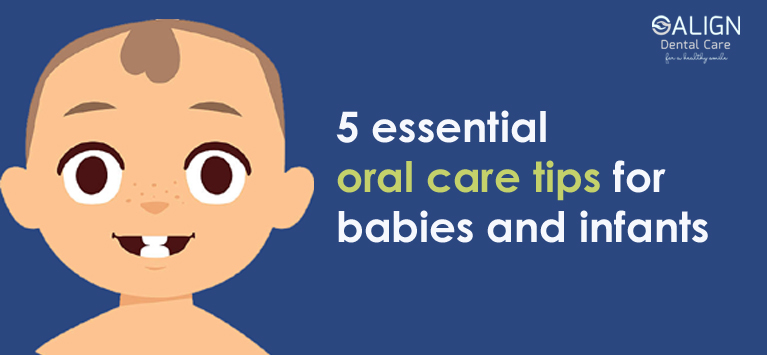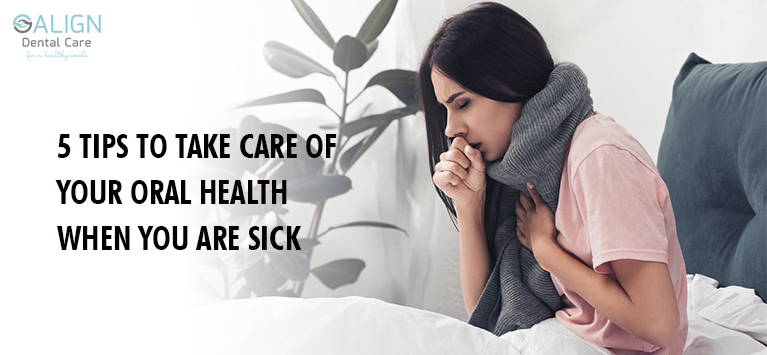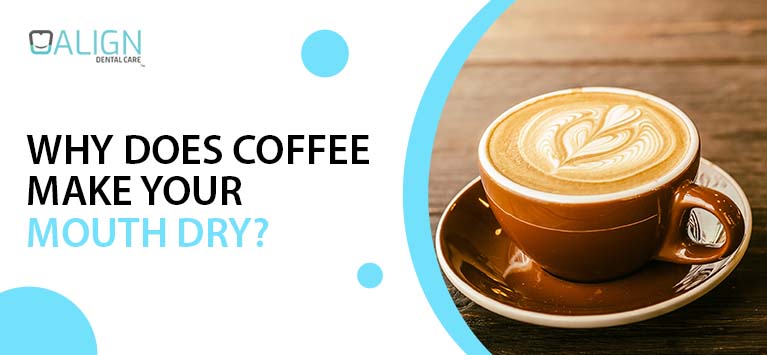
Why does coffee make your mouth dry?
For many individuals worldwide, a morning would only be complete with a cup of coffee. As the drink has a stimulating impact on people because of its caffeine content, many people would love to begin their day with this drink. This blog article is for you if you are one of such persons.
You might sense a sort of dryness in your mouth after having a cup of coffee. Right?
Here, our dentists have clearly explained the link between such a drought sensation in the mouth triggered by caffeine. Keep reading to get tips to tackle this problem.
Table of Contents
How does mouth dryness occur?
Dry mouth, clinically known as Xerostomia, refers to a condition in which the salivary glands inside your mouth don’t produce enough saliva to keep your mouth moist.
Saliva helps avoid tooth decay by neutralizing the acids that bacteria produce, inhibiting bacterial development, and washing away food particles. Additionally, it enhances taste perception and facilitates chewing and swallowing.
Anyone occasionally experiences dry mouth when they are anxious or stressed. However, prolonged dry mouth might indicate that a health impairment is progressing. Likely, various external factors also tend to cause dryness in our mouths. Here are some instances:
- Alcohol
- Smoking
- Aging
- Prescription side effects
- Autoimmune diseases
- Snoring
- Mouth breathing
- Radiation or chemotherapy
How does coffee make dry mouth worse?
Caffeine is an element of coffee that can inhibit saliva production and causes your mouth to feel dry. Tannin is another molecule that is present in coffee. You can also find tannins in beverages like tea, wine, and cocoa.
These substances are primarily to blame for the dry mouth caused by coffee.
During the roasting of coffee beans, sulfur-containing aroma molecules are created. When these compounds combine with elements found in coffee, such as caffeine and tannin, they provoke a dry sensation in the consumers’ mouths.
Similarly, tannins can bind to the salivary glands; hence salivary glands cannot produce saliva, resulting in the sensation of having a dry mouth. This feeling is known as astringency.
What should you do to avoid coffee-induced dry mouth?
You can combat the parched feeling after having coffee by altering the method of making this beverage.
1) Use the Right ppm water for making coffee – When you use water with insufficient particles per million (ppm), which is what most RO and filtered water has, the coffee is stripped more than it should be, giving you some unexpected and undesirable results. So, making coffee with the proper ppm (225 ppm) of water can keep your mouth from feeling dry.
2) Use too fine of coffee grounds – The surface area with which the water comes into contact rises when the grind is excessively fine. When it occurs, there is a greater chance that the coffee will be retrieved. The greater the surface area, the greater the loss of coffee.
3) Allow it to brew for too long – The coffee has been in contact with the water for a sufficient amount of time; thus, more coffee is extracted because it has been sitting there for a little bit longer than necessary.
4) Avoid using under-roasted coffee – Moreover, there is a chance you are consuming coffee that needs to be properly roasted, which means all the tannins are not extracted from the beans.
Generally, 400 mg of caffeine per day is considered safe for most adults. It is almost the same as four cups of coffee each day. If you drink too much coffee, you may feel jittery or experience symptoms of dry mouth, which can aggravate the dryness in your mouth.
The following tips shared by dentists will assist you if you find it difficult to restrict your coffee consumption and encounter mouth dryness:
- Drinking plenty of water
- Chew sugar-free gums
- Avoiding alcohol and tobacco
- Utilize a commercially available artificial saliva substitute
- Limit salty, acidic, and high sugar-content foods intake
Bottom line
Too much caffeine intake can cause a dry mouth, whether it is a cup of hot coffee or iced coffee. So you should reduce your caffeine intake and learn how to tackle this dental dilemma with the help of your dentist.
To say a long story short, take extra care of your dental health and consult with your dentist periodically to keep your mouth feeling comfortable.






